Programme Directors
Our Programme Directors are exceptional technical experts with a counterintuitive vision for how technology can change the world.
What our Programme Directors do
We back people, then projects – and it all starts with our Programme Directors (PDs).
First, our PDs identify an emerging area that holds untapped potential for new discoveries. Through feedback from across the R&D ecosystem, they sharpen their thinking and define an opportunity space – an area that’s critically important, underexplored, and ripe for new perspectives, approaches, and talent. This becomes the foundation for coordinated multi-year programmes and speculative seed funding. From there, PDs identify, fund and direct a community of researchers to unlock breakthroughs that could define a new era of economic growth and social prosperity – in Britain and around the world.
Meet the second cohort
Following an open global call, ARIA's second cohort joined in April 2025 from across the UK, Europe and the USA. These eight world-class scientists, engineers and entrepreneurs bring deep technical expertise and hands-on experience translating ideas into real-world impact – whether through founding companies, pioneering technologies, or forging new scientific disciplines.
Together, they'll push each other — and the R&D community — to think differently about what's possible.
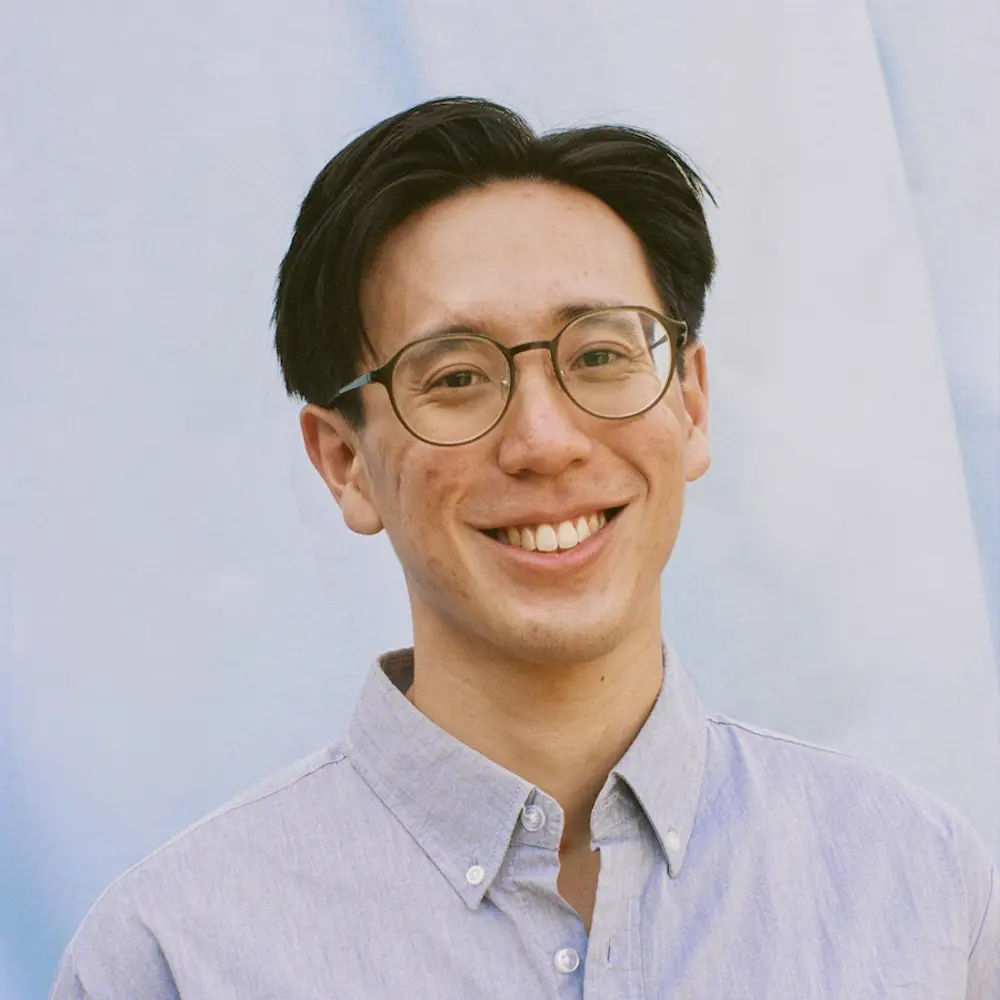
Ivan Jayapurna
Ivan joins ARIA from the University of California, Berkeley, with a PhD in materials science and engineering. While studying, Ivan co-led several tech spinout efforts, was twice funded by the National Science Foundation I-Corps, and co-founded a technical consultancy for biotech startups.
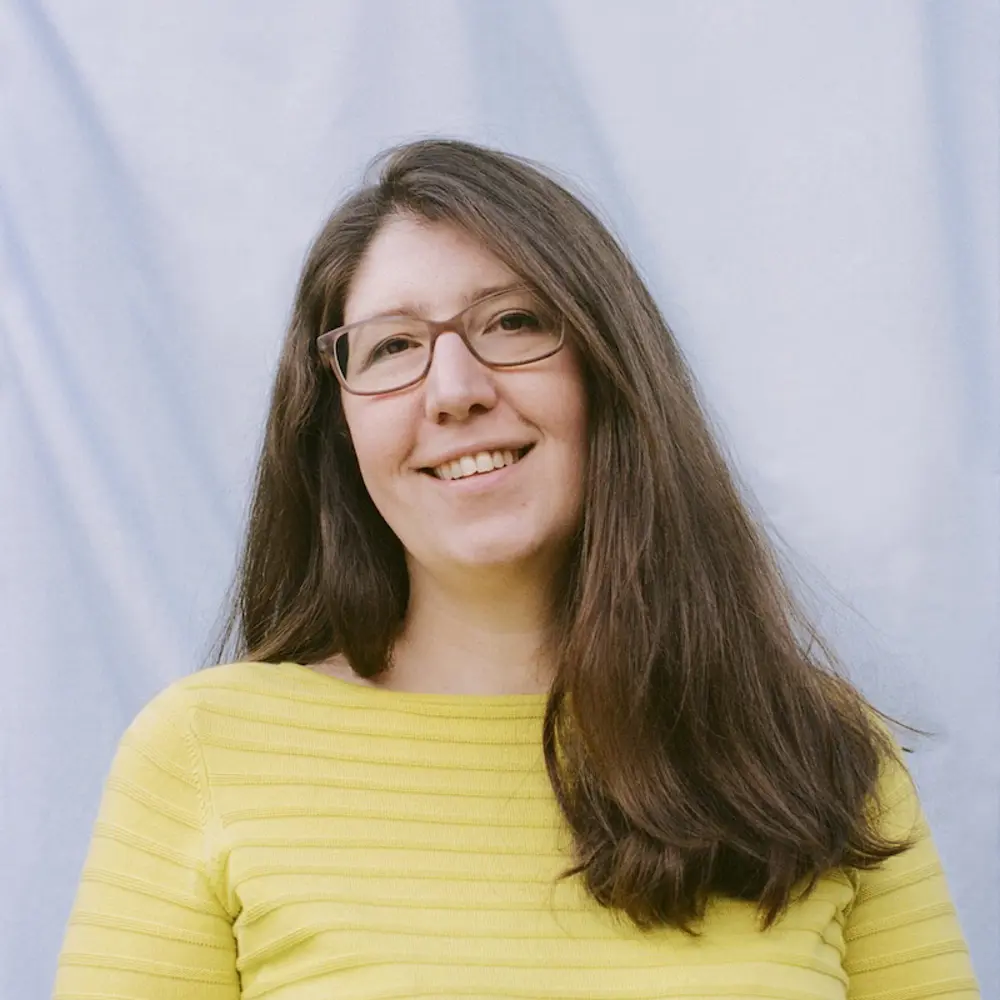
Claire Donoghue
Claire will join ARIA from her role as Senior Director in Data Science and AI at AstraZeneca. With two decades' experience in machine learning, she has delivered solutions across healthcare, manufacturing, and occupational safety. Claire is an inventor on 19 patents and holds a PhD in machine learning from Imperial College London.
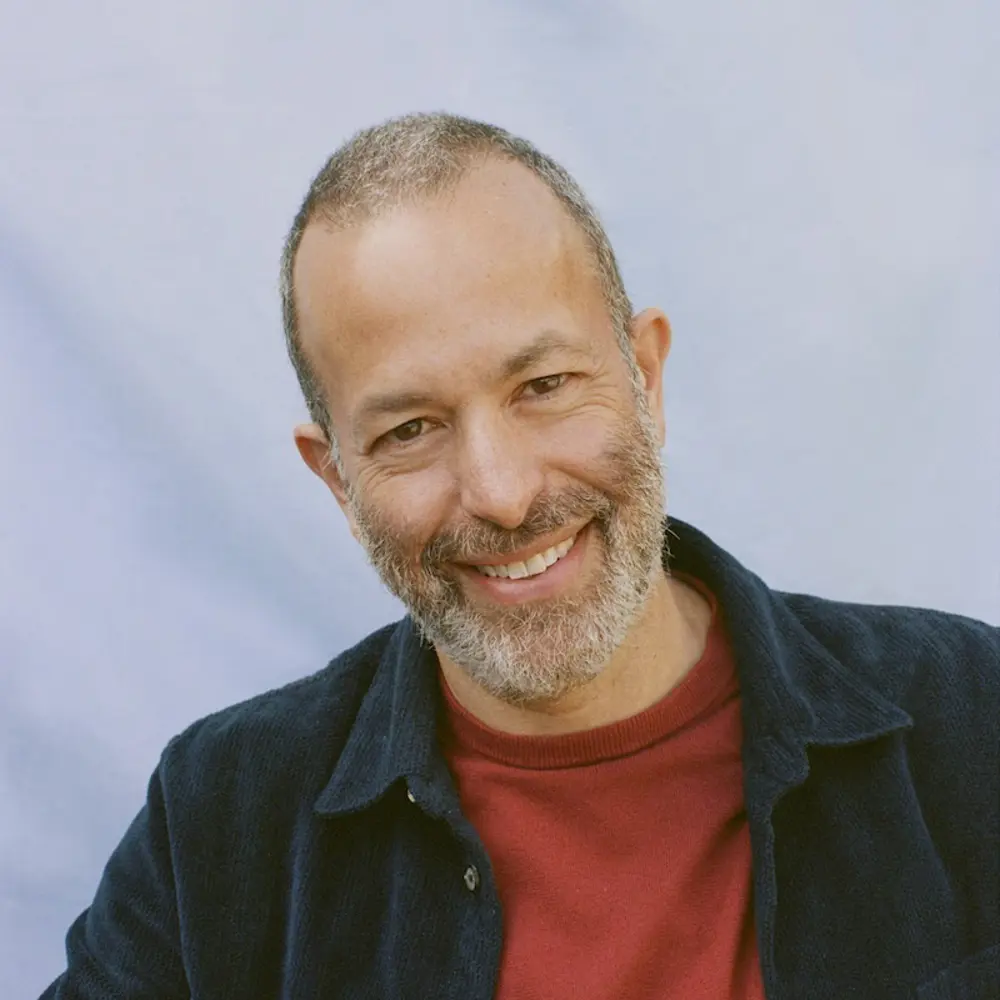
Nathan Wolfe
Nathan is a renowned virologist, epidemiologist, and entrepreneur. Most recently, he was a Visiting Scholar in Stanford's Bioengineering Department, having previously founded initiatives to quantify epidemic and pandemic risk, and coordinate scientists globally to spot emerging pathogens. He served on DARPA’s Defense Sciences Research Council.
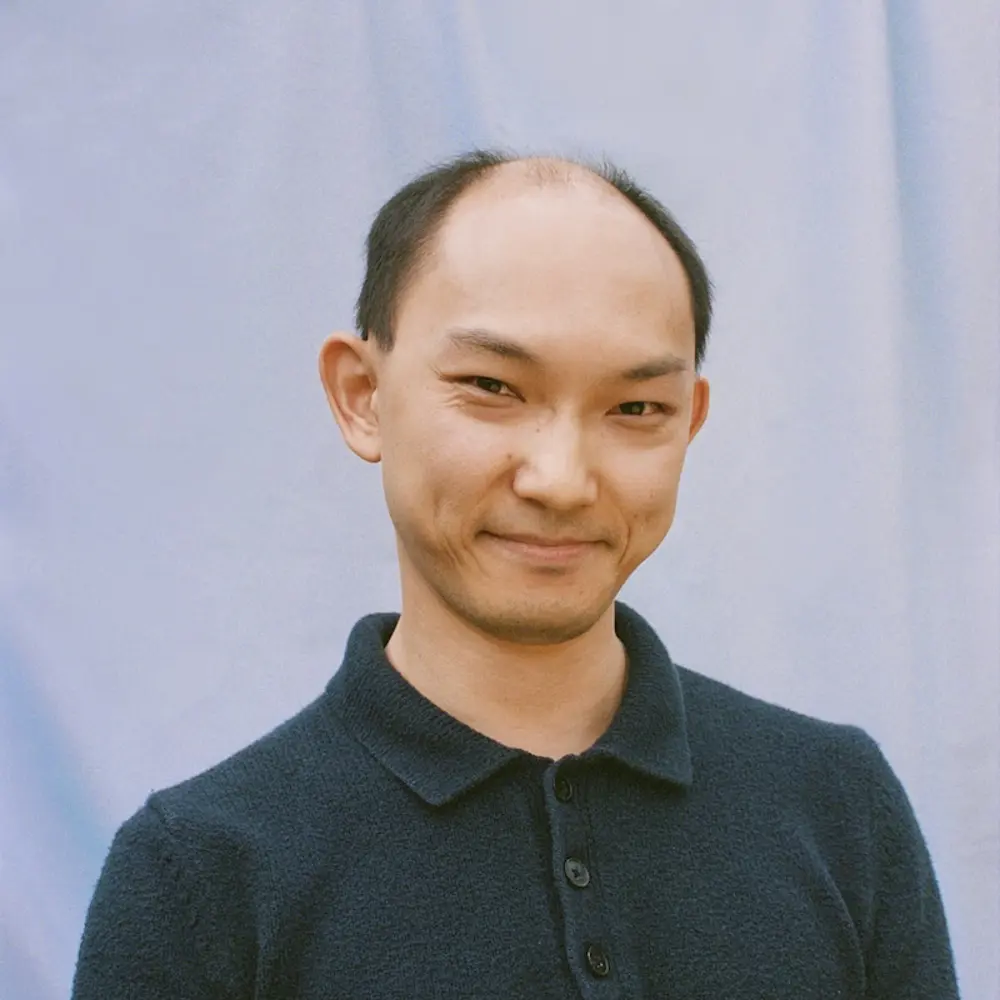
Brian Wang
Brian co-founded the non-profit Panoplia Laboratories to pre-develop medicine for the next pandemic. Brian has a PhD in chemistry from the University of California, Berkeley, conducted postdoctorate research in synthetic biology at MIT, and was Head of R&D at vaccine development start-up Alvea.
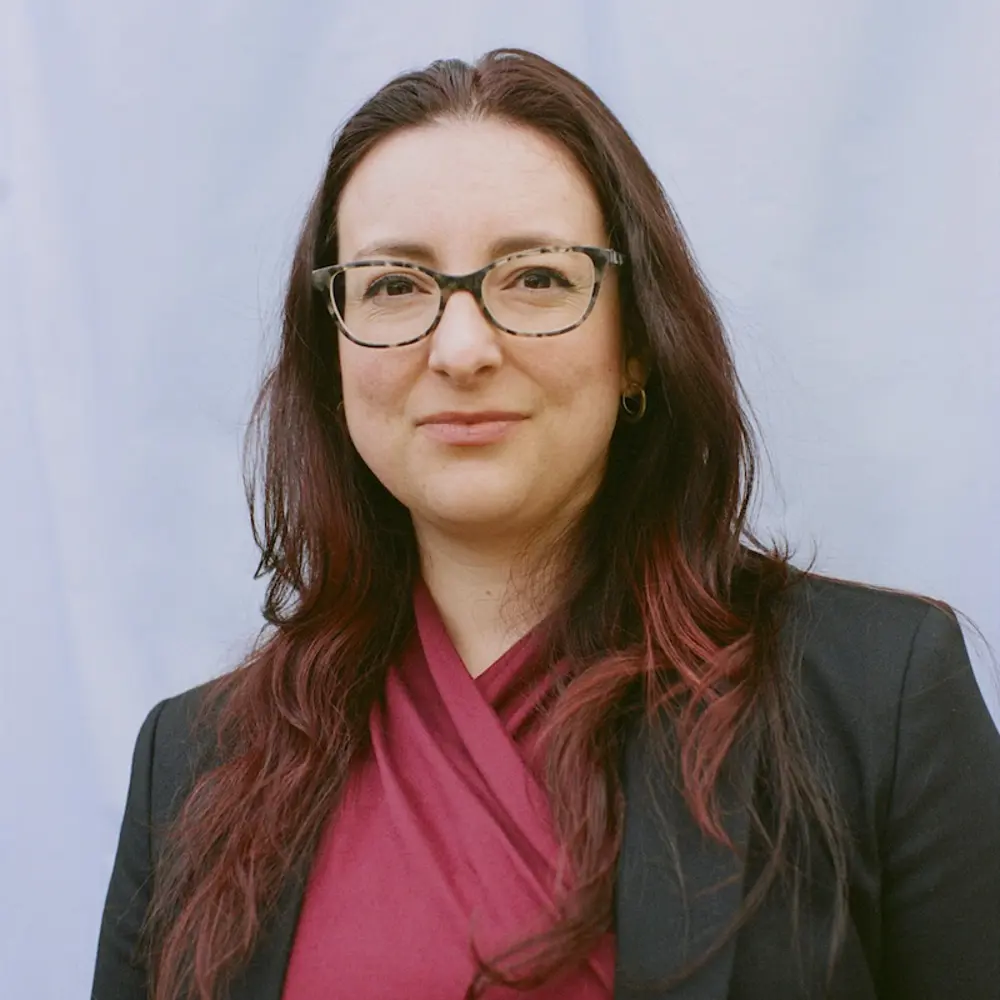
Nicole Wheeler
Nicole joins ARIA from the University of Birmingham, where she researched the potential of genomics and AI to detect and track new infectious diseases. She developed the UK's first software for screening synthetic DNA for potential biohazards. Nicole is also a technical expert for the AIxBio Global Forum and contributed to the world’s first International AI Safety Report.
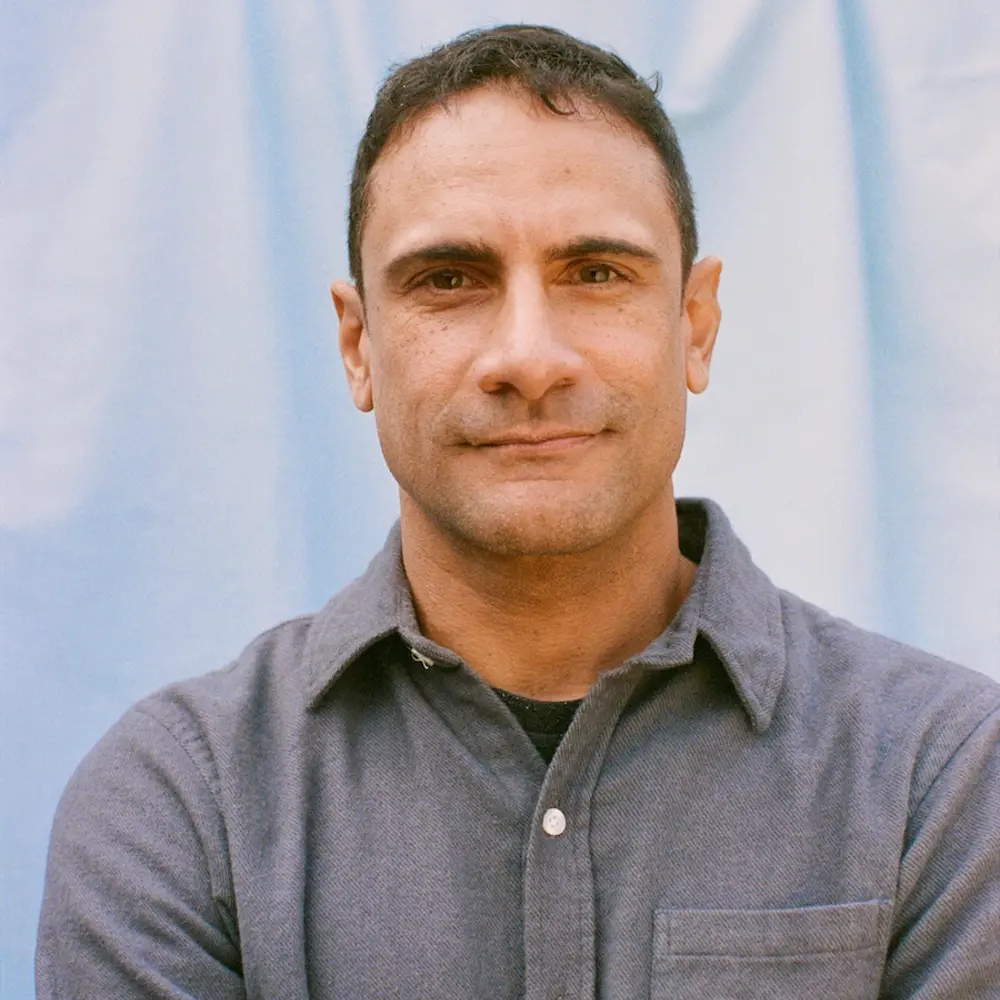
Rico Chandra
Rico is a repeat founder who cut his teeth at the frontier of defence technologies. He has advised governments, investors, and high-growth companies on emerging tech and their strategic impact. He founded Arktis Radiation Detectors, whose systems are now deployed worldwide. Rico holds a PhD in dark matter detection from CERN and an MSc from ETH Zurich.
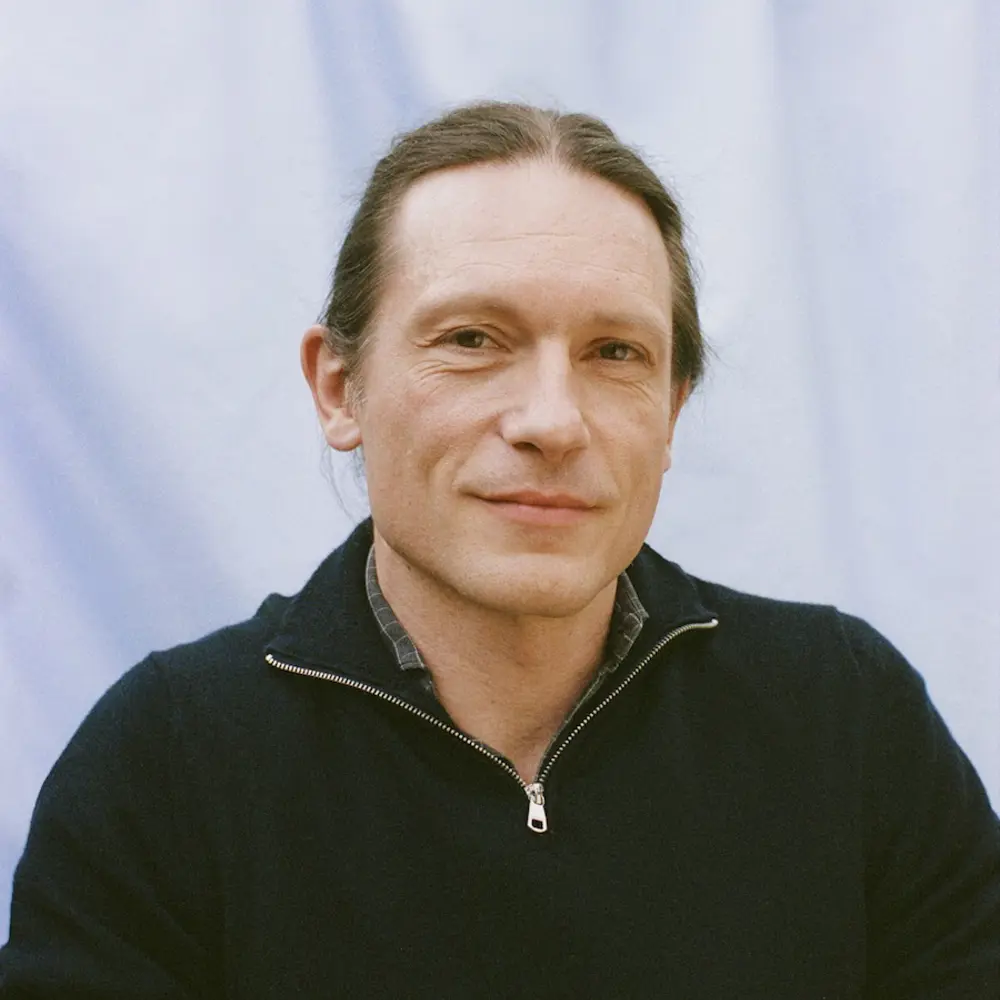
Yannick Wurm
Yannick joins ARIA from Queen Mary University of London, where he is Professor of Evolutionary Genomics & Bioinformatics. Yannick pioneered the use of molecular tools to assess pollinator health, has built startups to commercialise genome analysis software, and created a real-time network for pollinator monitoring.
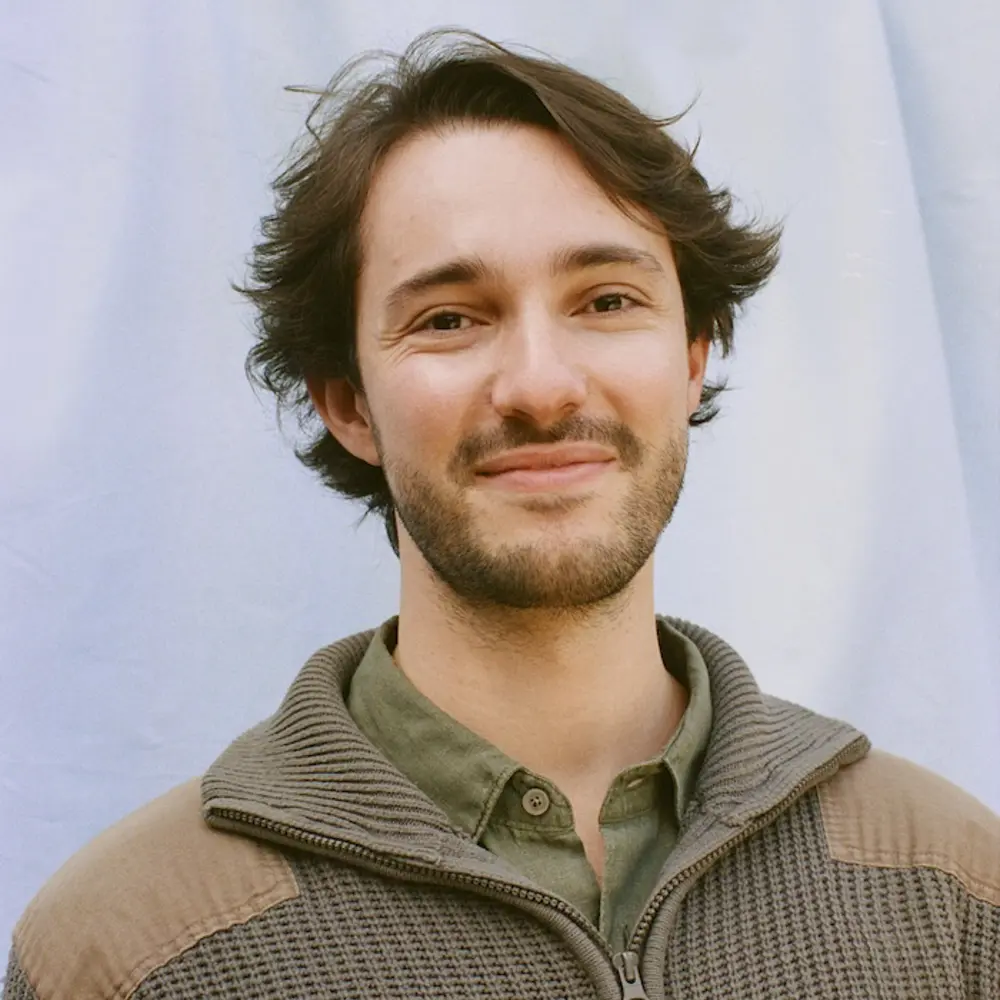
Alex Obadia
Alex is an entrepreneur, researcher, and early-stage investor exploring the frontiers of quantum cryptography. He co-founded Flashbots, a unicorn R&D organisation working to preserve the decentralisation and permissionlessness of blockchain systems. Flashbots’ R&D sparked the 'MEV' industry and its software has helped generate nearly £1.7bn.
Emerging opportunity spaces
Our second cohort has joined with early ideas of what they will explore at ARIA.
They now begin an intensive, collaborative discovery process — refining these early ideas into the next set of opportunity spaces.
The goal: to push ARIA's work into entirely new scientific domains, where breakthroughs could catalyse massive economic growth and spawn entirely new industries.
Meet the first cohort
Our first cohort of PDs joined in October 2023. Since then, they've launched seven programmes and funded hundreds of research teams across the UK and beyond – from enabling the first clinical trial of a next-gen brain-computer interface, in collaboration with the NHS, to facilitating the launch of new climate non-profits in the UK.
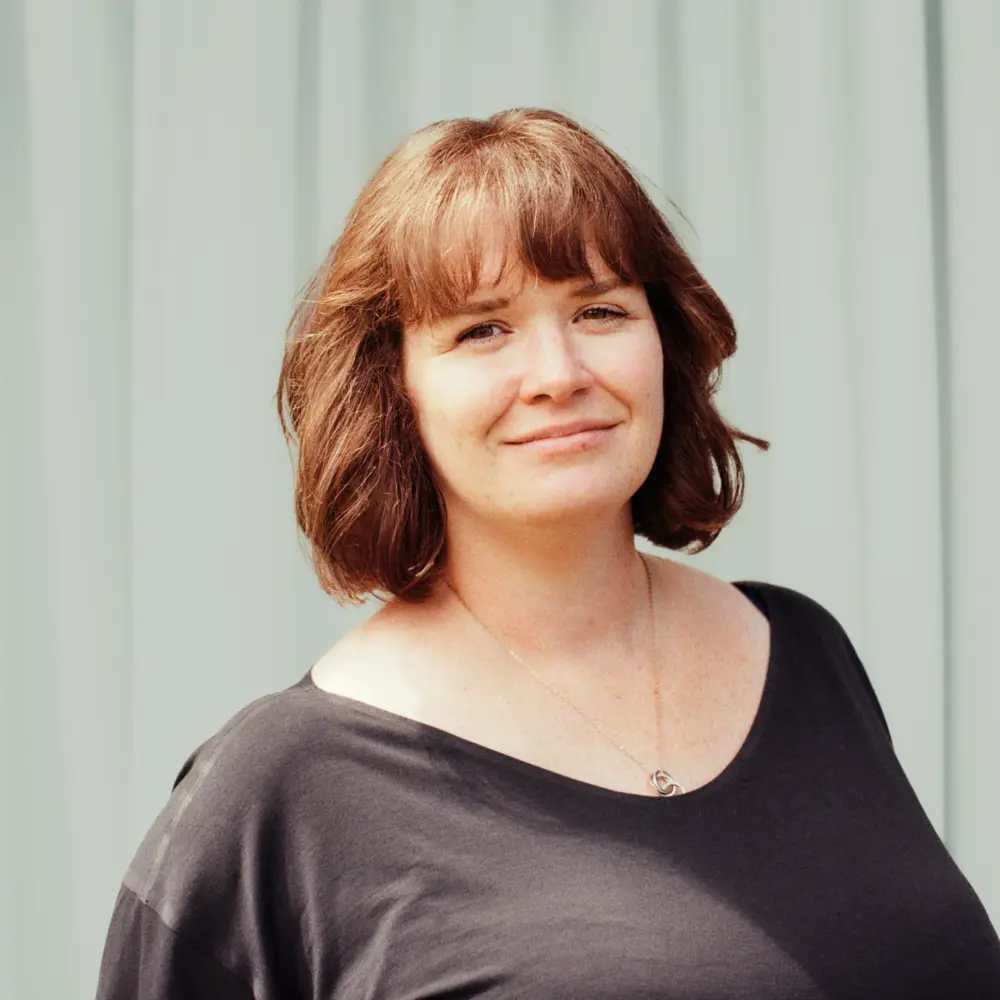
Gemma Bale
Gemma is a biomedical physicist. Currently an Assistant Professor of Medical Therapeutics + Head of the Neuro Optics Lab at the University of Cambridge, her work focuses on developing non-invasive brain monitoring in real-world environments where traditional brain monitoring isn’t usually possible.
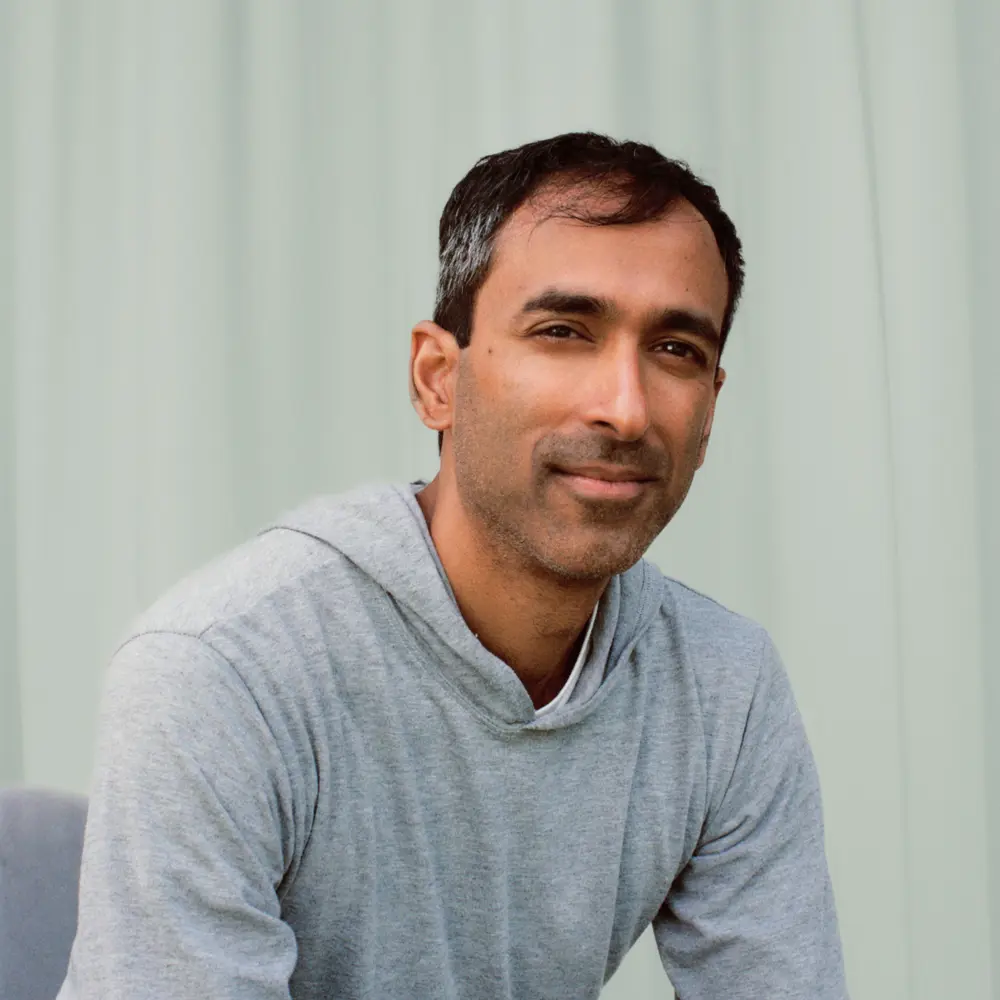
Suraj Bramhavar
Suraj is an electrical engineer. His work focuses on how we can redefine the way computers process information to build dramatically more efficient computers. Suraj joined ARIA from Sync Computing, where he was co-founder and CTO, which optimises the use of modern cloud computing resources.
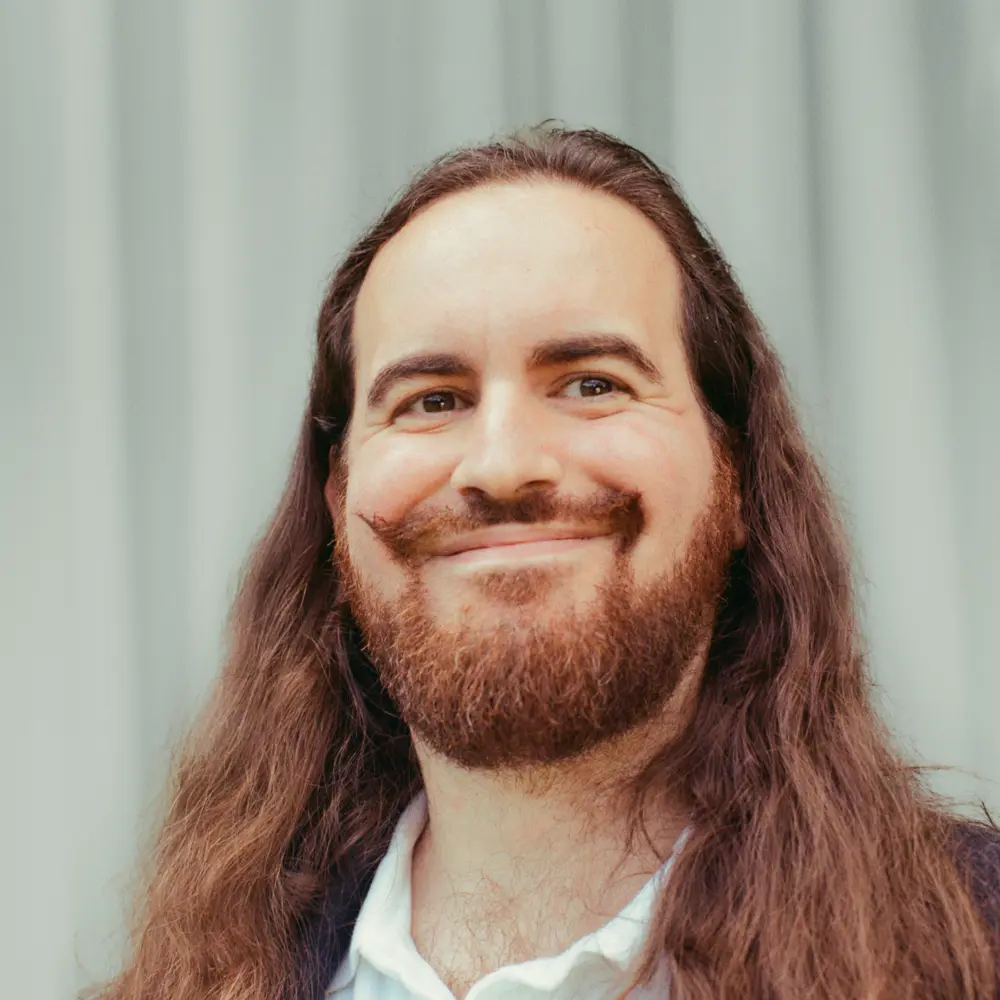
David 'davidad' Dalrymple
davidad is a software engineer with a multidisciplinary background. He’s spent five years formulating a vision for how mathematical approaches could guarantee reliable and trustworthy AI. davidad co-invented the top-40 cryptocurrency Filecoin.
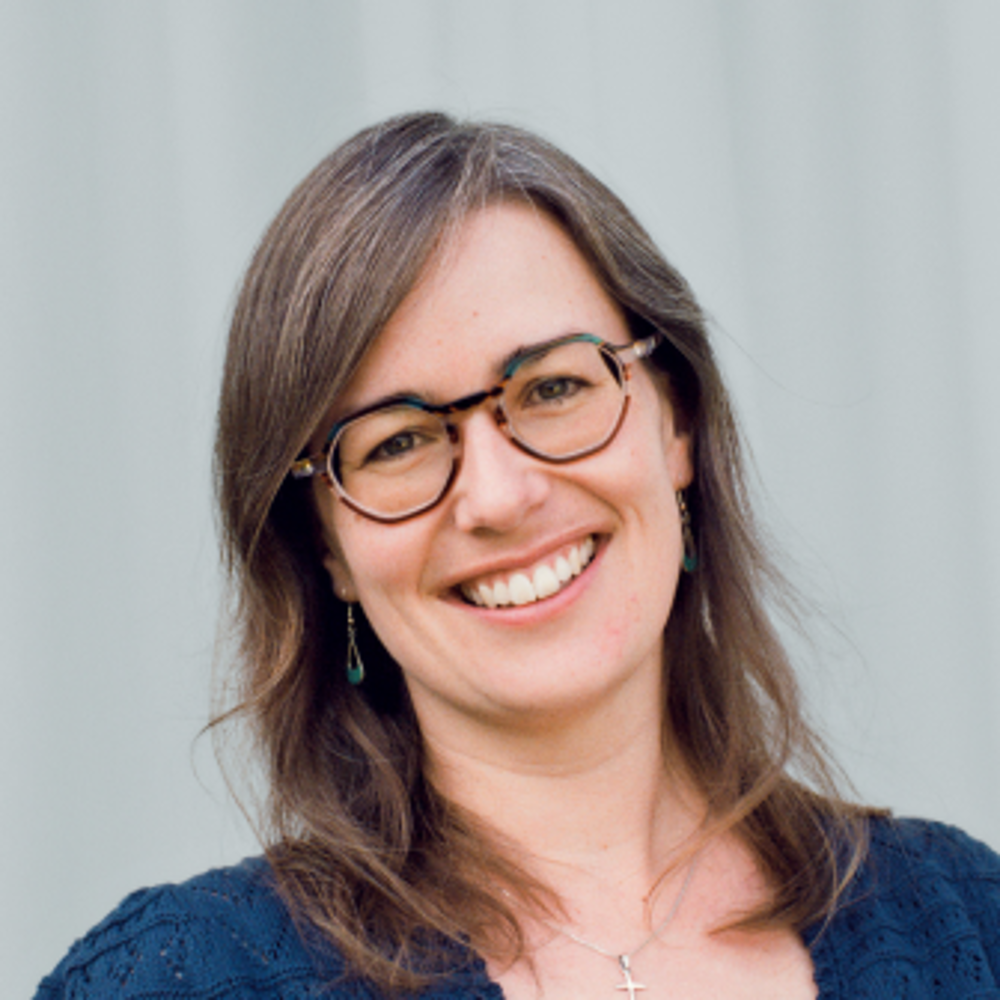
Angie Burnett
Angie is a plant biologist and has spent the last decade focusing on understanding the power of plants to solve some of our most pressing challenges such as food insecurity, climate change and environmental degradation. Previously, Angie was a Research Associate at the University of Cambridge.
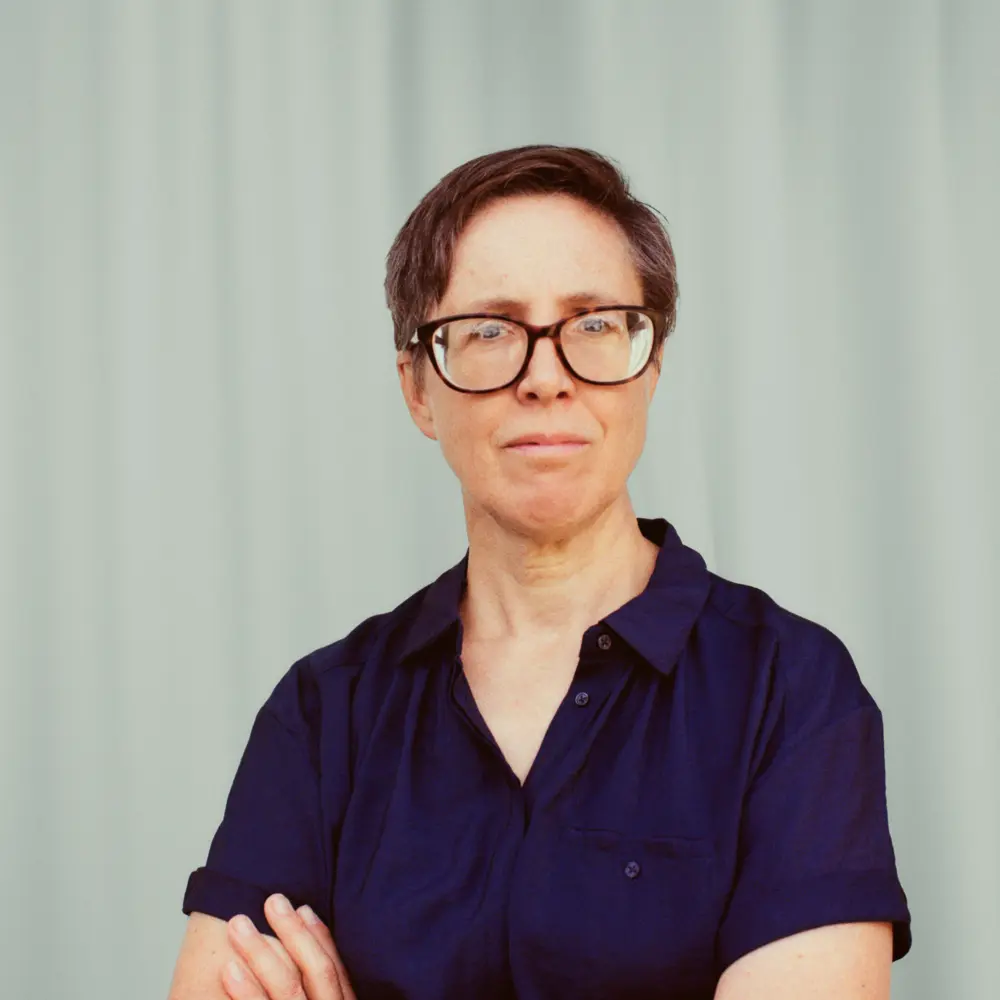
Jenny Read
Jenny is a visual neuroscientist, previously trained in theoretical astrophysics. Her work focuses on how we can build smarter bodies for robots through new modes of sensing, transmission of sensory information, and actuation through hardware advances.
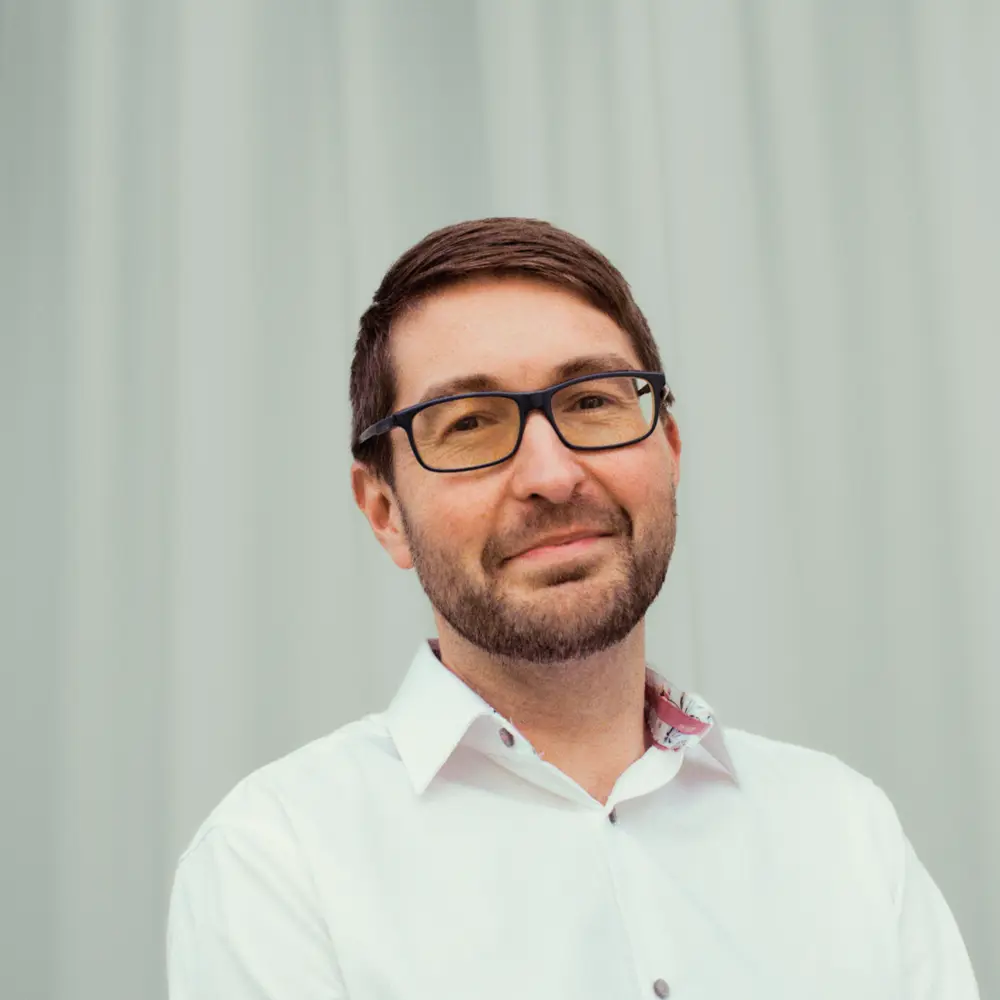
Mark Symes
Mark is an electrochemist, with a 15-year career developing sustainable fuels in the drive towards net zero. He joined ARIA from the University of Glasgow, where he is Professor of Electrochemistry and Electrochemical Technology.
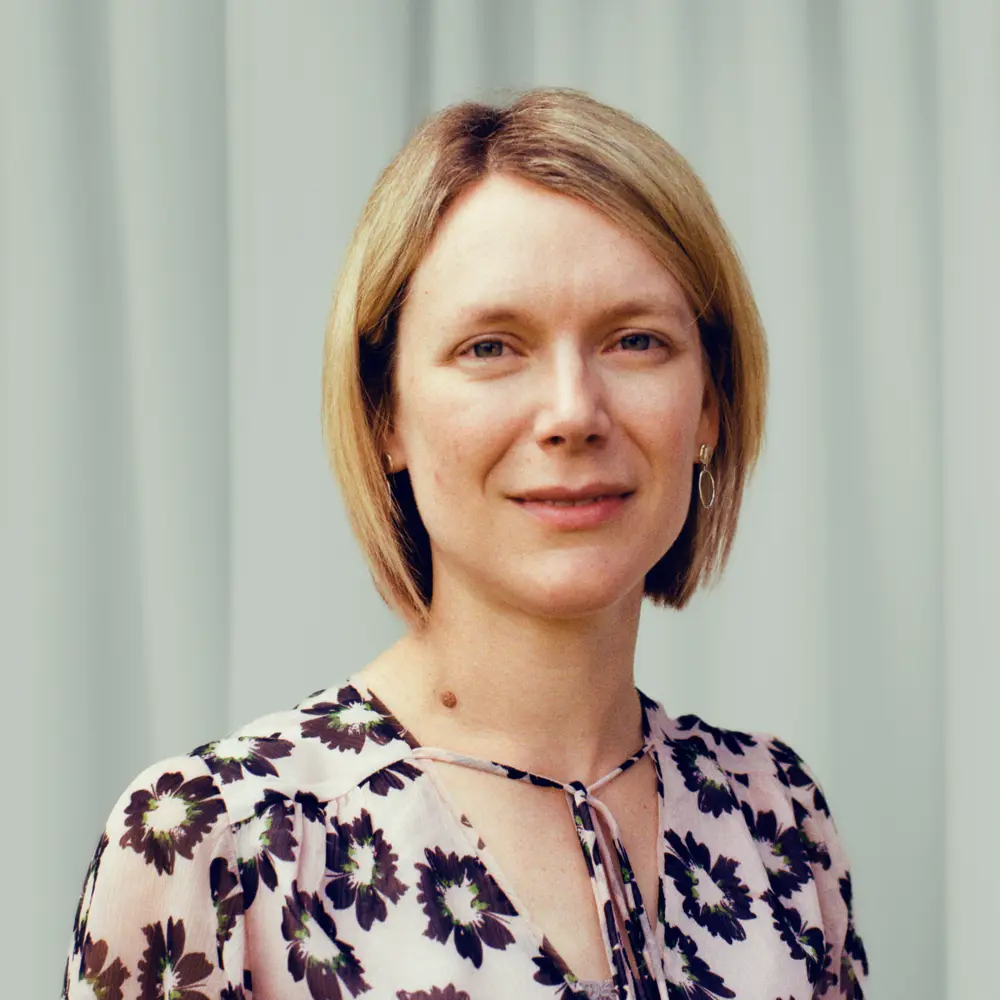
Sarah Bohndiek
Sarah is a biomedical physicist – currently a Professor of Biomedical Physics at the University of Cambridge, she is jointly appointed in the Department of Physics and the Cancer Research UK Cambridge Institute.
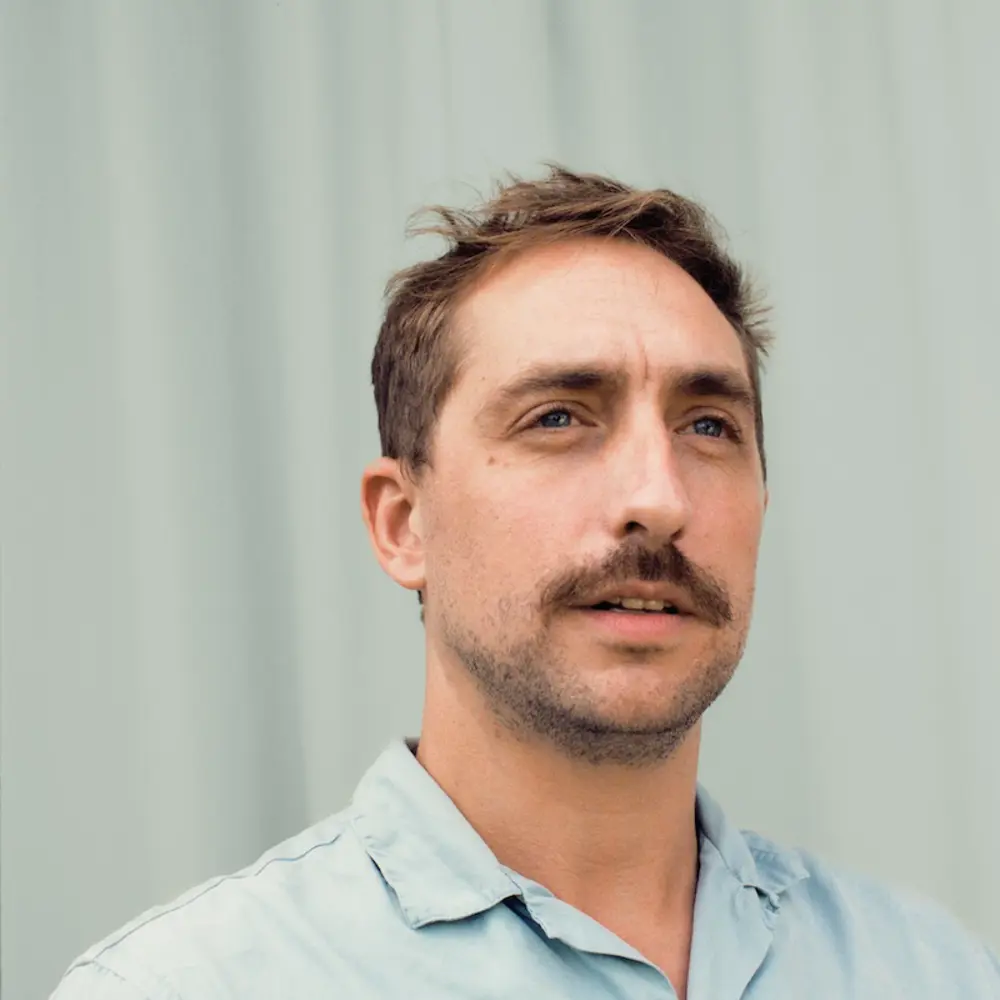
Jacques Carolan
Jacques is an applied physicist and neuroscientist. He spent a decade building quantum computing technologies before pivoting into systems neuroscience where he developed optical technologies to understand living brains. Before ARIA, Jacques was a BBSRC Discovery Fellow at University College London.
Live opportunity spaces
From thermodynamic computing to programmable plants, our first cohort of Programme Directors have defined seven opportunity spaces — and are now funding researchers across disciplines and institutions to bring them to life.
Sign up for updates
Keep up-to-date on the progress of our existing and emerging opportunity spaces.
How we work
We seek out exceptional scientists and engineers with the curiosity to explore uncharted territory, then empower them with the resources and autonomy to turn their ideas into reality.
About us
From climate change to AI, society faces challenges and opportunities that can be uniquely addressed by science + technology.
